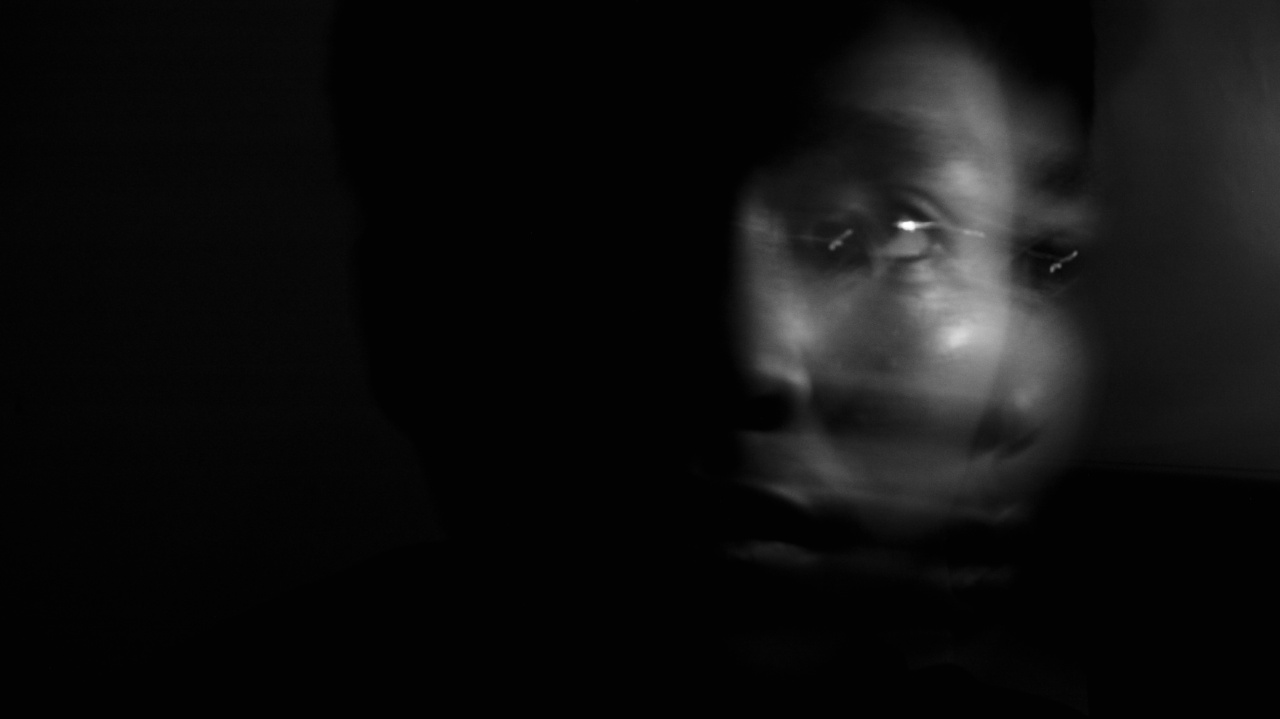Depression is a mental health condition that affects millions of people worldwide. It is characterized by a persistent feeling of sadness, emptiness, and a loss of interest in activities that were once enjoyed.
Depression can also bring about physical symptoms such as changes in appetite, sleep disturbances, and fatigue. It is a complex disorder that can have a significant impact on a person’s daily life, relationships, and overall well-being.
The Importance of Effective Depression Treatment
Given the debilitating nature of depression, finding an effective treatment is crucial. Unfortunately, there is no one-size-fits-all approach to treating depression, as it varies from individual to individual.
What works for one person may not work for another. However, with advancements in medical and psychological research, breakthroughs in depression treatment are continually being made.
These breakthroughs offer hope to those struggling with depression, providing new and innovative options for managing and overcoming the condition.
Cognitive Behavioral Therapy (CBT)
Cognitive Behavioral Therapy (CBT) is a widely recognized and effective form of psychotherapy for treating depression. It aims to identify and change negative thought patterns and behaviors that contribute to depressive symptoms.
CBT is typically structured and goal-oriented, helping individuals develop coping strategies and improve problem-solving skills. By challenging and replacing negative thoughts and behaviors, CBT empowers individuals to regain control over their mental health.
Medication: Antidepressants
Antidepressant medications are commonly prescribed for the treatment of depression. These drugs work by balancing neurotransmitters in the brain, effectively reducing depressive symptoms.
There are several classes of antidepressants, including selective serotonin reuptake inhibitors (SSRIs), serotonin-norepinephrine reuptake inhibitors (SNRIs), and tricyclic antidepressants (TCAs). While medication can be a valuable tool in managing depression, it is often most effective when used in conjunction with other forms of therapy.
Transcranial Magnetic Stimulation (TMS)
Transcranial Magnetic Stimulation (TMS) is a breakthrough treatment option for individuals who do not respond to traditional depression treatments such as medication or therapy.
TMS works by using magnetic fields to stimulate specific areas of the brain associated with mood regulation. This non-invasive procedure has shown promising results in reducing depressive symptoms and improving overall mental well-being.
Electroconvulsive Therapy (ECT)
Electroconvulsive Therapy (ECT) is often considered a last resort treatment for severe and treatment-resistant depression. It involves the administration of electric currents to induce a brief seizure, which can help alleviate depressive symptoms.
ECT is typically performed under general anesthesia and is closely monitored by a medical team. While ECT can be highly effective, it is generally reserved for severe cases when other treatments have failed to yield satisfactory results.
Psychotherapy: Talk Therapy
Talk therapy, also known as psychotherapy, is a fundamental component of treating depression. It involves open and honest conversations between a therapist and individual, providing a safe space to explore and address the root causes of depression.
Talk therapy can take various forms, such as cognitive-behavioral therapy (CBT), psychodynamic therapy, or interpersonal therapy. The goal of talk therapy is to develop coping strategies, gain insights, and promote emotional healing.
Lifestyle Changes and Self-Care
While professional treatment methods are crucial, making lifestyle changes and practicing self-care can also significantly impact depression.
Engaging in regular exercise, maintaining a balanced diet, getting enough sleep, and avoiding alcohol and substance abuse can all contribute to improved mental well-being. Additionally, participating in activities that bring joy and fulfillment, pursuing hobbies, and nurturing social connections can help alleviate the symptoms of depression.
Support Groups and Peer Support
Joining a support group or seeking peer support can be immensely beneficial for individuals living with depression. Being able to connect with others who are experiencing similar struggles can provide validation, comfort, and a sense of belonging.
Support groups can offer a platform to share experiences, gain insights, and learn coping strategies from fellow participants. Additionally, online communities and forums provide a convenient way to access peer support from the comfort of one’s own home.
Alternative and Complementary Therapies
Alternative and complementary therapies are often sought by individuals as adjuncts to traditional depression treatments. These therapies include acupuncture, yoga, meditation, art therapy, and mindfulness practices.
While the scientific evidence supporting these interventions may vary, many individuals find them to be personally helpful in managing depressive symptoms. It is essential to consult with healthcare professionals before embarking on any alternative or complementary therapy.
The Role of Social Support
Social support plays a significant role in the effective management and treatment of depression.
Friends, family, and loved ones can offer emotional support, understanding, and encouragement, creating a sense of connection and reducing feelings of isolation. It is crucial for individuals with depression to communicate their needs to their support network, fostering an environment of empathy, and open communication.
Breaking the Stigma of Depression
Despite the prevalence of depression and the progress made in its treatment, there is still a prevalent stigma surrounding mental health conditions.
Breaking the stigma involves raising awareness, promoting understanding, and encouraging open discussions about depression. Education and destigmatization efforts can lead to earlier intervention, increased access to treatment, and improved outcomes for individuals affected by depression.






























